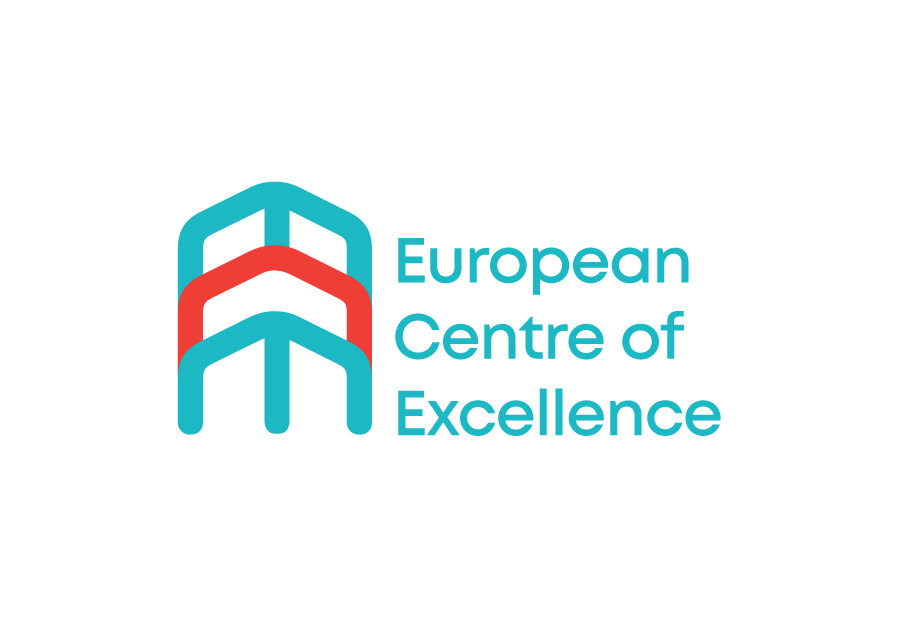ECE Brussels facilitates study visit on youth, education and EU integration
As part of its efforts to foster stronger connections between civil society from EU candidate countries and the European Union, the European Centre of Excellence (ECE Brussels), in cooperation with the Institute for Good Governance and Euro-Atlantic Perspectives (IDUEP) and the Forum for Educational Change (FOP), organised a study visit to Brussels on 16 and 17 January 2024.
The two-day programme was designed to expand cooperation and establish new contacts with think tanks, experts, and EU institutions, with a particular focus on education, digitalisation, youth policy, good governance, and EU integration. The visit also aimed to create new opportunities for partnerships and networking that would support the development of joint international initiatives and projects.
The delegation included Blendi Hodai, Executive Director of FOP; Biljana Janevska, Member of the Executive Board of ECE Brussels; and Bojan Kordalov, MA, President of IDUEP.
During the visit, the delegation held a series of constructive meetings with representatives of key European institutions and networks. The first day of the programme included discussions with Paul Maassen and Maja Kojceva from the Open Government Partnership, Francesca Ossima from OBESSU (Organising Bureau of European School Student Unions), and Haralambos Papaioannou, Policy Officer at the European Commission’s Directorate-General for Education, Youth, Sport and Culture (DG EAC).
The delegation also met with Alceo Smerilli and Marko Horvat from the European External Action Service (EEAS), Richard Blaise from the Creative Europe programme team within DG EAC, Kristina Velkovska Diaz, CFO of Junior Achievement Europe, and Matilda Karcanaj and Arta Jusufi from the European Endowment for Democracy (EED).
The meetings focused on advancing dialogue on how to promote education reforms, foster innovation in digital skills, enhance youth engagement in democratic processes, and support good governance across EU candidate countries. The exchanges also explored practical ways to strengthen cooperation between EU institutions and civil society actors in the Western Balkans, with a view to building joint projects that support the European integration process.
This study visit is part of ECE Brussels’ broader series of initiatives that aim to bring key stakeholders from EU candidate countries closer to European institutions and networks. Through such activities, ECE Brussels continues to promote dialogue, foster cross-sectoral cooperation, and contribute to building a deeper understanding of the benefits and opportunities of EU membership for citizens, particularly young people and civil society actors across the region.

